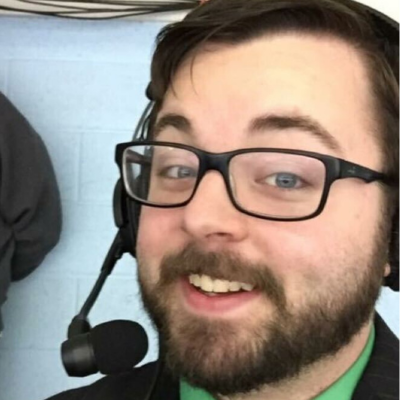Best Michigan horse race betting sites
Michigan has several horse race betting sites to choose from, and while the list isn’t as lengthy as the available options for online casino gaming or online sports betting in Michigan, you’ll still find an ample selection of racebooks. Here are some of the best horse race betting sites in Michigan.
Is online horse betting legal in Michigan?
Yes, online horse betting is legal in Michigan. The state first allowed pari-mutuel wagering in 1933 with expansion coming in 1995. However, it wasn’t until HB 4310 was passed in 2019 that advance deposit wagering was permitted, expanding the available offerings among Michigan racebooks.
The Michigan Gaming Control Board (MGCB) oversees horse betting throughout the state, as well as sports betting and online casino play. You should only place wagers with racebooks that hold an MGCB license, as others aren’t safe to use and may be illegal.
When in doubt, refer to the racebooks listed on this site; we won’t list any offshore or unlicensed operators on our pages.
Types of horse race bets
Understanding the different types of horse race bets can be one of the more frustrating parts of learning about horse racing, but we’re here to help clear up any confusion you may have. The first thing to look for is whether you’re dealing with a straight bet or an exotic wager.
Straight bets are generally more straightforward and involve picking only one winner while exotic wagers can be somewhat like a parlay in sports betting. You can use exotics to combine multiple horses or multiple races into a single wager.
Here are a few of the more common and popular types of horse race bets.
History of horse race betting in Michigan
About Northville Downs in Michigan
Northville Downs is a racetrack and entertainment center located just northwest of Detroit and has been in continuous operation since 1944. It was the first nighttime harness racing course in Michigan and was built on the site of the former Wayne County Fairgrounds.
The racing season typically starts in April and runs through mid-December. Northville Downs is the only remaining standardbred live racing track in Michigan.
Standardbreds run a one-mile race, but the Northville Downs track is a half-mile oval, so two laps are needed to run the course. Beyond live racing, Northville also offers simulcast racing, allowing bettors to gamble on races from around the world in real-time.
The Northville Downs facility has a partnership with TVG to cover all race betting activity.



